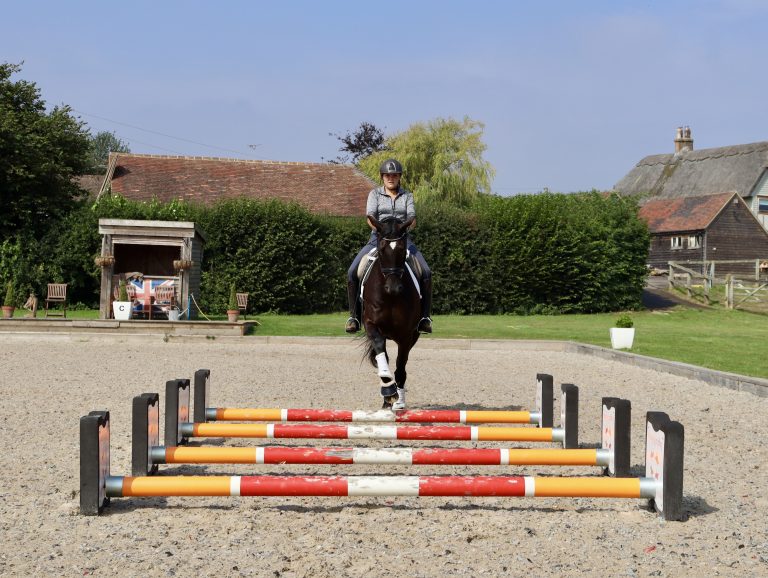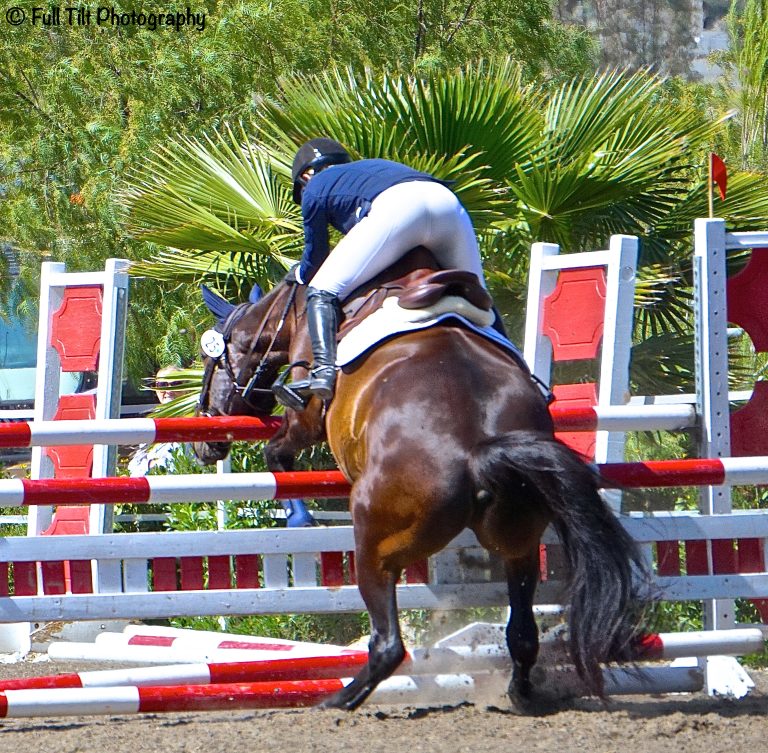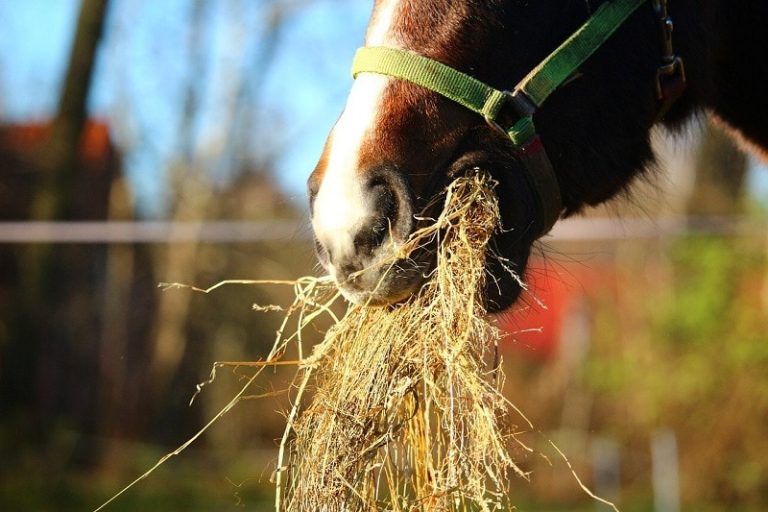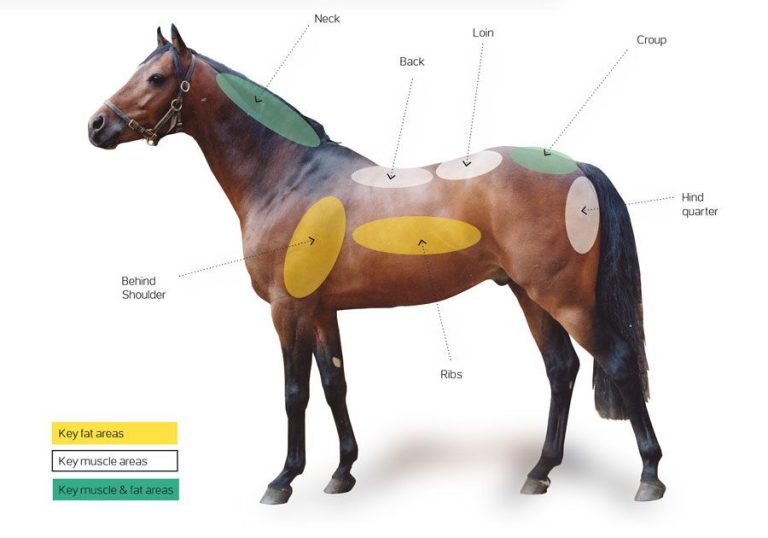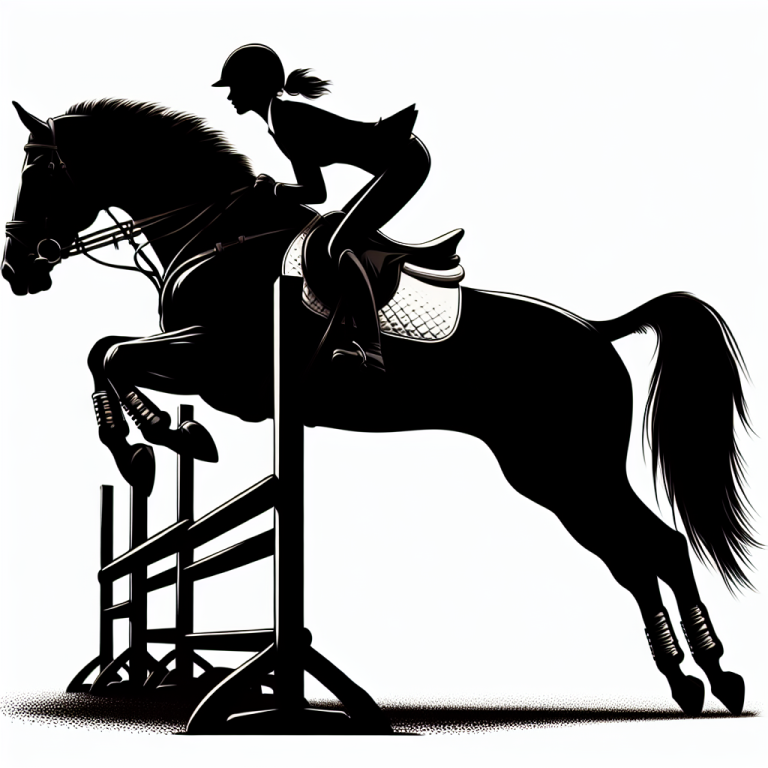Have you ever found yourself wondering about the crucial role played by jockeys in the thrilling world of horse racing? Well, let me enlighten you! Jockeys are not just mere passengers blindly riding horses to the finish line. They are skilled athletes who possess a unique set of talents and responsibilities. From ensuring the horse’s welfare to implementing race strategies and maintaining perfect synchronization with their equine companion, jockeys truly embody the heart and soul of this exhilarating sport. So, let’s saddle up and explore the integral role of the jockey in horse racing together!
Table of Contents
ToggleThe Role of the Jockey in Horse Racing
Understanding the Jockey’s Role
Being a jockey in horse racing is not an easy task. It requires immense skill, dedication, and a deep understanding of horses. The jockey’s role is crucial in ensuring the success of the race and the welfare of the horse. As a jockey, you serve as the horse’s guide, motivator, and teammate. Your ability to control the horse, make split-second decisions, and communicate effectively with the horse can greatly impact the outcome of a race.
Preparing for the Race
Before a race, jockeys must invest a significant amount of time in preparing themselves physically and mentally. You need to maintain a strict fitness regime to stay in top shape. Regular exercise, cardio training, and strength-building exercises are vital to keep your body strong and agile. Mental preparation is equally important since racing can be mentally demanding and highly competitive. Visualisation techniques and mental exercises can help you stay focused, calm, and confident on race day.
Developing a Strategy
Each race is unique, and as a jockey, it is essential to develop a race strategy that suits the specific conditions of the track, the distance, the competition, and the horse you are riding. Factors such as the horse’s strengths, weaknesses, and running style must be taken into account when creating a strategy. By analysing past performances, studying the competition, and working closely with trainers and owners, you can develop a well-thought-out plan to give you and your horse the best chance at success.
Maintaining Control and Balance
Control and balance are key aspects of a jockey’s role. As you ride the horse, you must maintain control over its speed, direction, and energy levels. Having a good seat and balance helps you stay centreed and connected with the horse’s movements. A jockey needs to adapt to the horse’s rhythm, ensuring a harmonious and efficient interaction. Through constant practice and honing your riding skills, you can achieve the balance necessary to work in unison with your horse.
Communication with the Horse
Establishing a strong bond and effective communication with the horse is vital for a successful partnership. As a jockey, you must learn to understand the horse’s body language, anticipate its reactions, and respond accordingly. Through subtle cues, such as leg pressure, rein aids, and body shifts, you can convey your intentions to the horse. The ability to read the horse’s responses and adjust your riding style accordingly is crucial in maintaining a harmonious connection throughout the race.
Making Split-Second Decisions
In the fast-paced world of horse racing, split-second decisions can make all the difference. Jockeys often encounter unforeseen obstacles, such as tight spaces, traffic, or unpredictable weather conditions that require quick thinking and adaptation. A skilled jockey can assess the situation rapidly, make the appropriate decisions, and adjust the horse’s speed, position, and tactics accordingly. Experience and instinct play significant roles in a jockey’s ability to make these critical decisions under immense pressure.
Using Race Tactics
Strategic race tactics can give jockeys an edge over their competitors. Different races require different tactics, and jockeys must be well-versed in a variety of techniques. Tactics can include determining the ideal position in the race, knowing when to accelerate or conserve energy, and when to make a move to overtake the competition. By analysing the track conditions, the competition, and the horse’s abilities, a skilled jockey can execute these tactics to optimise the horse’s performance.
Monitoring the Competition
During the race, it is crucial for jockeys to monitor the competition closely. Observing the other horses and jockeys allows you to make informed decisions on how to position yourself in the race. Are other jockeys slowing down? Is there an opportunity to overtake? By keeping a watchful eye on the competition, you can adapt your strategy and tactics to gain a competitive advantage and optimise your horse’s chances of finishing ahead of the pack.
Adapting to Different Track Conditions
Track conditions play a significant role in horse racing, and jockeys must quickly adapt to varying surfaces, including dry or wet tracks, turf or synthetic surfaces. Each type of track condition requires a different approach to riding. For instance, in wet or heavy conditions, jockeys must focus on maintaining balance and preventing the horse from losing traction. Conversely, on firm or dry tracks, jockeys can push the horse’s speed and strive for a more aggressive race. Adapting to these differing track conditions is crucial for a successful jockey.
Caring for the Horse
The welfare of the horse is of utmost importance to a jockey. Before and after the race, jockeys must take care of the horse’s physical and emotional well-being. This includes ensuring the horse is properly fed, hydrated, and groomed. Jockeys often form strong bonds with the horses they ride, and it is their responsibility to understand the horse’s needs and provide the necessary care. Through empathy, compassion, and nurturing, a jockey can build trust and create a positive relationship with the horse, ultimately leading to better performance on the racecourse.
In conclusion, the role of the jockey in horse racing goes far beyond simply sitting on a horse and guiding it around a track. Jockeys are athletes, strategists, communicators, and caregivers, all rolled into one. The ability to understand and connect with the horse, make split-second decisions, develop effective race tactics, and adapt to varying conditions are crucial skills for any successful jockey. With dedication, skill, and a love for horses, jockeys play a vital role in the world of horse racing, ensuring the welfare of the horse and striving for the thrill of victory.

